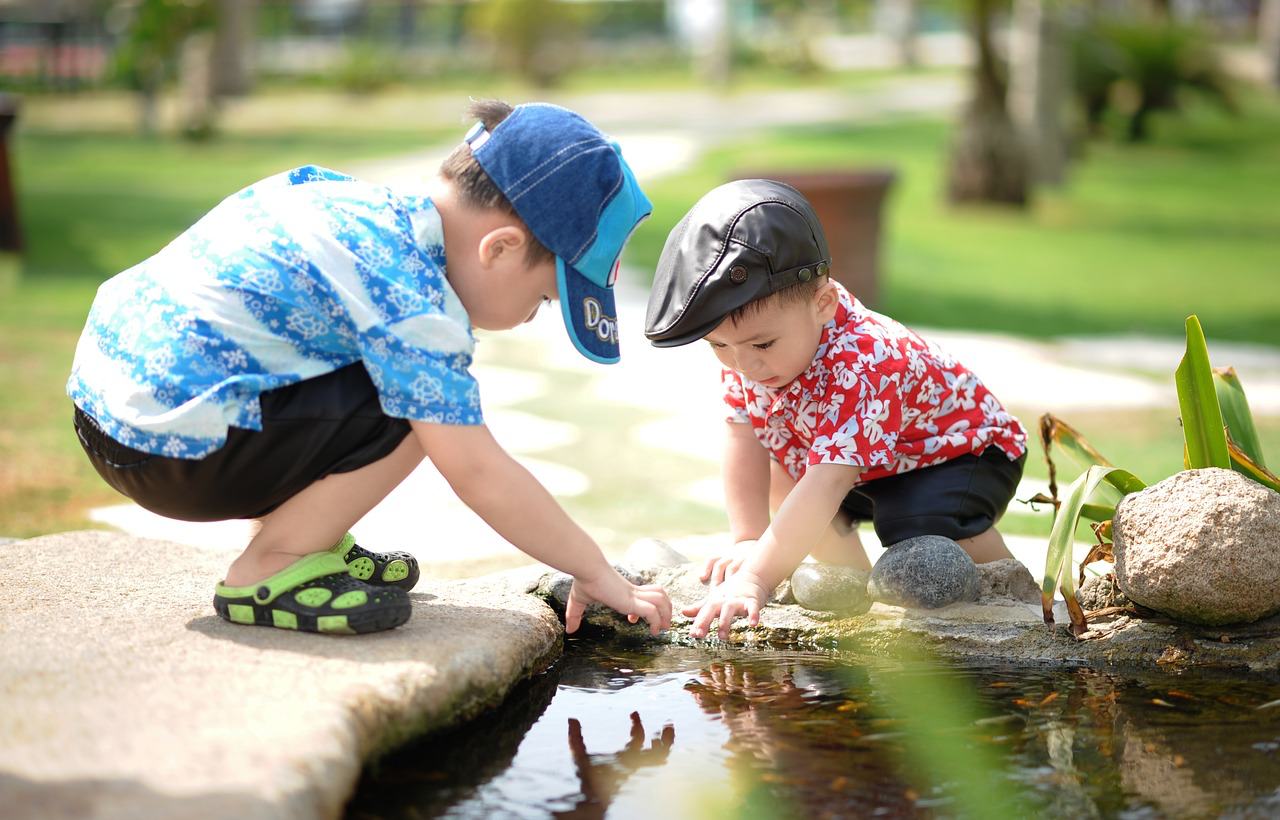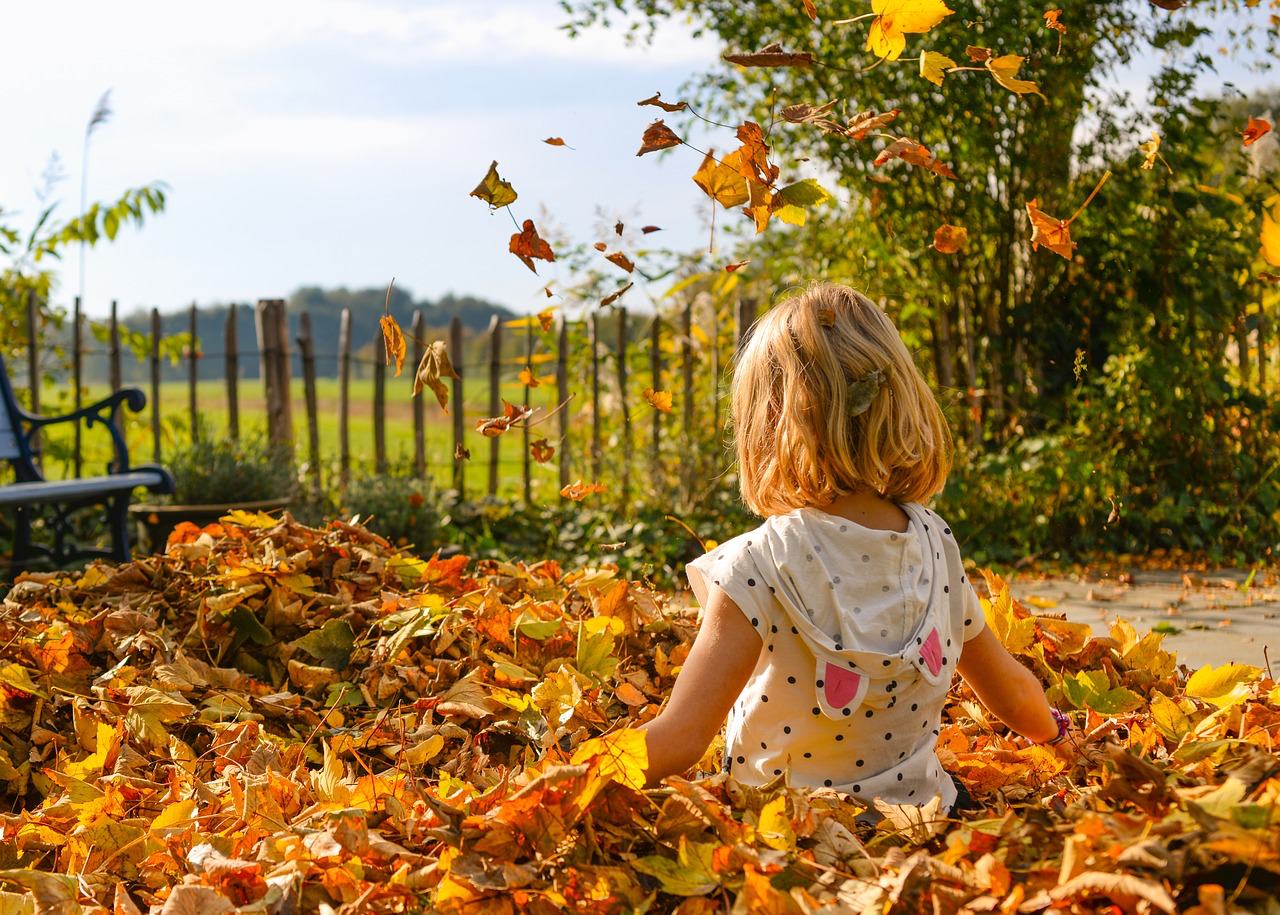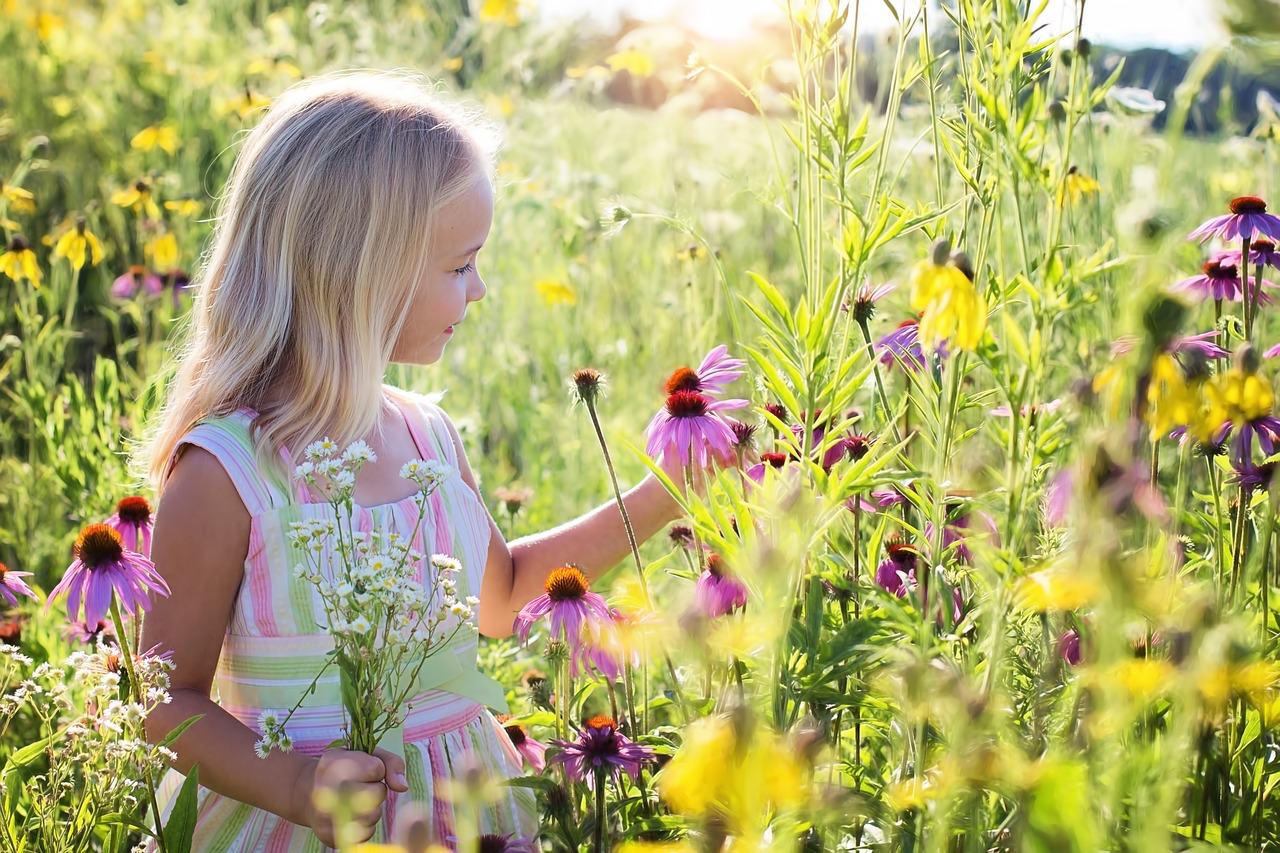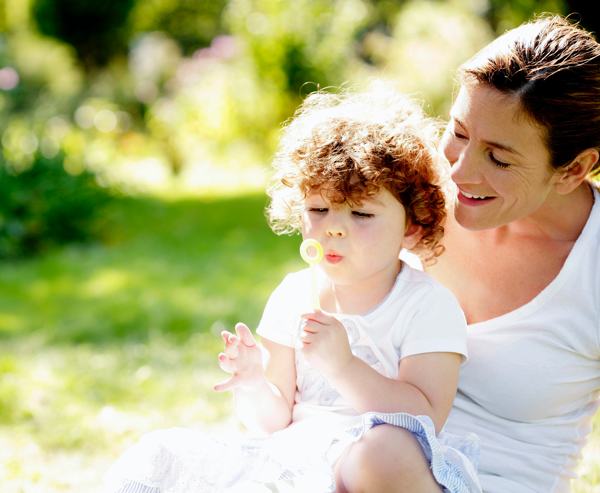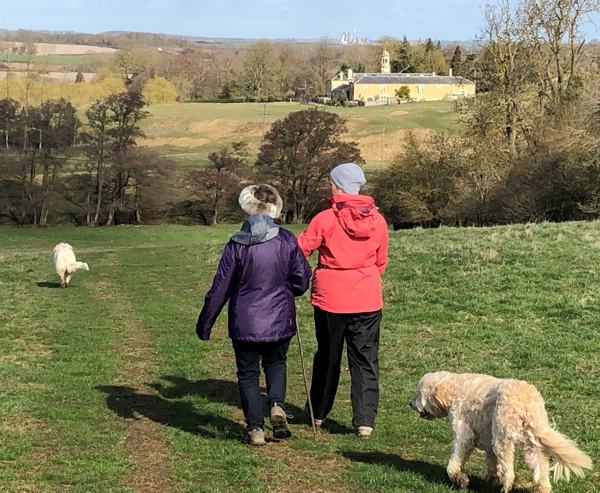By The Outdoor Doctor
My love of walking stems from long family walks as a child. My father, battered Ordnance Survey map in hand, would plan a route to a country pub. Bribed with promises of lime juice and a packet of crisps, we were intrepid explorers, running along overgrown footpaths, battling through nettles and clambering over rickety stiles. When asked how far we had to go to the pub, Dad would study his worn OS map, and invariably answer “only half a mile”. Half a mile became a family joke; a tiring distance which varied in length, leading to a pub which might or might not be closed by the time we arrived. Happy days indeed.
The habits we establish as children influence our choices for the rest of our lives. Knowing that being outdoors, being active and interacting with nature provides significant health benefits both physical and psychological, means that helping your children to delight in the outdoors can enable them to be happy and healthy both now and in the future.
Current recommendation is for children to exercise for an hour a day. Small children seem to have boundless energy and appetite for being active, but it declines as they get older, as does time spent outdoors. Todays children are facing the challenges of record levels of obesity and increasing mental health problems. Time outside can help to develop resilience and reduce anxiety levels and research has shown that being outdoors is associated with increased physical activity levels. Many schools have embraced the daily mile – getting pupils to run or walk a mile every day.
Exercising outdoors lowers blood pressure more than does indoor exercise. A study in 2016 showed that children exercising outdoors interact with one another significantly more than those exercising indoors. Another study showed increased improvement in cognitive development and several studies have shown being outdoors may help to protect children against short sightedness (myopia). In addition, researchers in Canada have shown better academic performance in primary school pupils attending schools in areas with greater tree cover.
Getting your child outdoors can:
- Reduce the risk of obesity
- Increase brain power
- Reduce blood pressure – a risk factor for future heart disease and stroke
- Improve social interaction
- Reduce anxiety and stress levels
Our connectivity with one another, and access to vast amounts of world knowledge is a tremendous advance. But it does mean that for many of us, we spend a lot of time interacting with the virtual world via a screen rather than appreciating the natural world around us.
Family walks, expeditions to the beach, woodland or countryside give the opportunity for everyone to leave their phones behind and have a meaningful conversation. Research shows that people who walk together outside tend to fall into conversation more than those exercising indoors. Families who play together outdoors can develop deeper bonds and more meaningful communication.
If you ask most of us what we want for our children, it would be happiness. The opportunity to enjoy being outdoors, with the associated social and health benefits it gives, could be the greatest gift you give to your children.
Dr Hilary Fox

